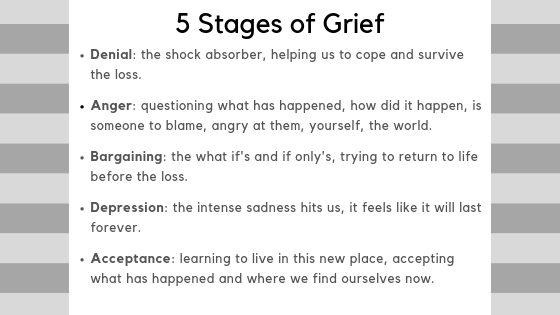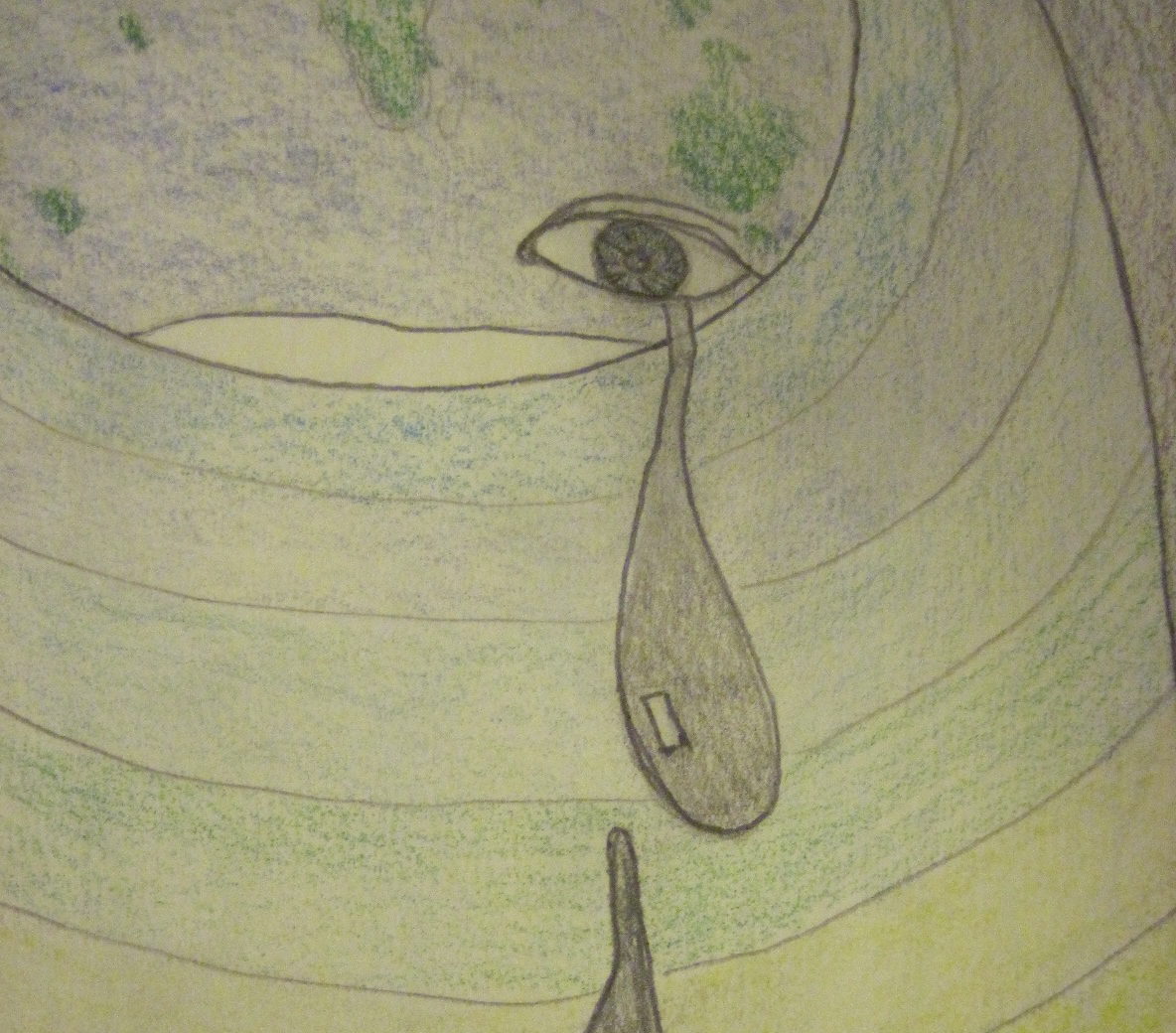“The darkness we enter when we are overwhelmed by the swell of grief is a place of belonging”
Francis Weller, The Wild Edge of Sorrow
The Dodo
When I was a young child we visited a museum where I came across a stuffed Dodo in a glass cage. Back I went again and again staring at this unusual looking bird that was no more. This was my first conscious encounter with the notion of extinction.
I wanted to know why and how it had happened? I could not understand how such a catastrophe could have occurred. Surely someone would have realised what was happening and done something about it.
Appropriate response
How I felt then was an entirely appropriate response to the loss. It is the response we see in our young today, striking from school. They know, like I did, that what has happened and is still happening, is deeply disturbing.
Death is one thing but extinction another entirely. To completely wipe something out so none of it remains, it is gone; that is shocking. That disbelief I felt knowing I would never, could never see a Dodo has a name now. I was experiencing ecological grief; sorrow for what we are loosing in the wider world, our larger self.
Collective demise
Even more troubling is the fact that a species would jeopardise it’s own future. Most species are trying to survive yet we humans seem intent on a collective demise which involves taking down large swathes of other species and eco-systems as we go.
This is deeply saddening and distressing to me yet much of the time I feel very little until something hits me like the Dodo and my emotions break through.
Family
Recently as I watched a documentary called Seed, the untold story, I burst into tears and wept as Will Bonsall from the ScatterSeed Project showed a photo of produce from his Grandpa’s farm and tells us,
“I know for a fact that 90, something % of the things are now extinct. They are my family and they are gone………. I have this horrible vision of some day that the creator would come look around and say where is this or where did that go? I created this, where did it go, how come it’s not here?”
Abundance
In the past the abundance of life on earth was beyond anything we can now imagine.
“ Atlantic salmon runs so abundant no-one is able to sleep for their noise. Islands, as full of birds as a meadow is full of grass. Whales so numerous they were a hazard to shipping, their spouts filling the entire sea with foam. Oysters more than a foot wide.” – Charles Eisenstein’s book Climate.
Our sorrow
These quotes upset me, and it’s good to feel these feelings, painful as they are. This deep sadness is my belonging. It reminds me of the profound love I feel for our planet, for life in all its many forms. My grief connects me and reminds me that I still care, evidence that I have not switched off, numbed out or gone to sleep.
“Our sorrow is in equal measure love. We only mourn what we deeply care for. Blessed are they that mourn.
From the Work That Reconnects
Grieving
Confronting and challenging as it may be to feel deeply, it is essential. It is part of the grieving process and our initiation into another way of living as the human species on earth.
We have evolved over millions of years and this evolution must continue. We cannot stay living as we do or we are indeed doomed. This shift is required not only for us but for all that we belong to. We are inside a living system, Gaia, Mother Earth.
So, rather than turn away from your distress about our predicament I invite you instead to lean into it. Honour it for what it is, it is your belonging.
The Zen Master Thich Nhat Hanh was asked what we need to do to save our world. “What we most need to do,” he replied, “is to hear within us the sound of the earth crying.”
Like the cells of our own bodies expressing symptoms when things are out of balance we are the cells of earth expressing her distress. Through our pain we know the pain we are part of. The larger self to which we belong is in trouble and we are being called to action.
What can we do?
We can make space for the grief in all its shapes and forms. I believe this is part of the essential work of healing our self and our planet, of Radical Self Care. Holding it down, suppressing and denying it damages us. It also damages the planet because all the while we deny what is going on, we are not accepting what is happening and this affects our capacity to act and engage in change.
Business as usual
Like the mother tenderly cleaning her dead son’s room, carefully replacing each item exactly where it was the day he died we can try to continue as normal. We can carry on with business as usual but what will we get? More of the same, we stay stuck in the destructive cycle which is creating the very problems we need to address.
There is no easy way through this. Grief is messy and painful but ultimately as we process and move through the emotions we adjust. We eventually accept what has happened and we begin to live a new life, a new normal which encompasses but is not dominated by the loss.
Five stages of grief
In Elizabeth Kubler Ross and David Kessler’s book about loss they identified 5 Stages of Grief. This has become a template for working with loss. However it is not a linear process as many have assumed, it is more of a guide for the emotions we can expect to encounter within grief. We cycle through, go back and forth re-encountering each stage in a different way until we begin to emerge.

Ecological grief
This format for understanding grief has now been applied to our responses to what is happening on our planet. It can help explain some of the feelings we may be experiencing as we face the crisis. You can read a more in-depth explanation of these stages applied to ecological grief here. It can be comforting to understand this is what is happening to us. Nothing is wrong, we are not broken, we are having an appropriate and correct response to the loss of life on earth.
Meaning and hope
“It is finding meaning beyond the stages of grief most of us are familiar with—denial, anger, bargaining, depression, and acceptance—that can transform grief into a more peaceful and hopeful experience.” – Finding Meaning: The Sixth Stage of Grief
This is what I hope for us humans, that we can work our way through our grief rather than suppress it. That we will come to understand the transformative invitation that our collective grief is offering us. By meeting our emotions about what is happening on our planet we open to the possibility of finding meaning in what we are going through. Collectively we could expand to meet this call to evolve and use our consciousness to choose another way.
So how do we do it?
How do we deal with the ecological grief, the pain for ourselves, for the living body of earth and all her creatures, habitats and eco-systems now under threat of extinction? We make space for the feelings. I personally find this works best for me when I share how I feel with others. When what I feel is honoured for what it is, my deep love, care and concern.
Here are some ways to work with your grief for the world:
Work That Reconnects (WTR)
My friend and colleague Annie and I facilitate this experiential workshop every month. We offer the space as a gift, only asking for donations to cover costs. There are WTR workshops of all lengths running in many places and countries so check out the website for details. Our next offering is on:
Sunday 2nd June, 2019
2-5pm
The Rockfield Centre, Oban.
Please let us know if you are coming by sending an email through my contact page here.
Climate Cafe
The XR group in Glasgow has started this space, climate cafe. A place where people can come together to share their feelings and emotions about the climate crisis. Other XR groups may have something similar check out your local group for more information.
Active Hope
Read the book Active Hope and consider doing the exercises with a friend or as part of a book group with this study guide. Also check out these on-line workshops run by one of the authors Chris Johnstone. I attended an Active Hope workshop a few years ago and found it immensely helpful.
One-to-one Sessions
I also offer one-to-one sessions if you would prefer to work through your grief in a more private way. Often our ecological grief connects into our own personal wells of loss which require a more in-depth approach. Sometimes we don’t even realise what the losses are until we investigate, this happened to me when Snowy the Rabbit turned up in my Tapping. To book a free consultation to find out if this would be appropriate for you send me an email here.
EFT (Emotional Freedom technique)
You can use this technique to help yourself in times of distress. Not only is it easy to learn and use, research has shown that it lowers our stress hormones and calms the brain. Check out my simple guide here.
“To explore, express and heal our grief for the world is to engage in an act of Radical Self Care.”
Mairi Stones
![]()




[…] I found myself challenged by chronic illness in the form of CFS. Although my stress about the state of the world was undoubtably a contributing factor, underlying limiting beliefs were the real […]
Well done to the author. Love the article.
[…] is heartbreaking. A myriad of emotions wash over us as we hear about what’s wrong. Find a way to honour and acknowledge this grief. It demonstrates your care, concern and compassion; the precious connection we have to to all of […]
[…] If the state of the world is upsetting you, you are not alone. Increasing awareness of the plight of life on earth is leading to emotional grief and distress, sometimes referred to as ecological/climate grief or eco-anxiety. […]